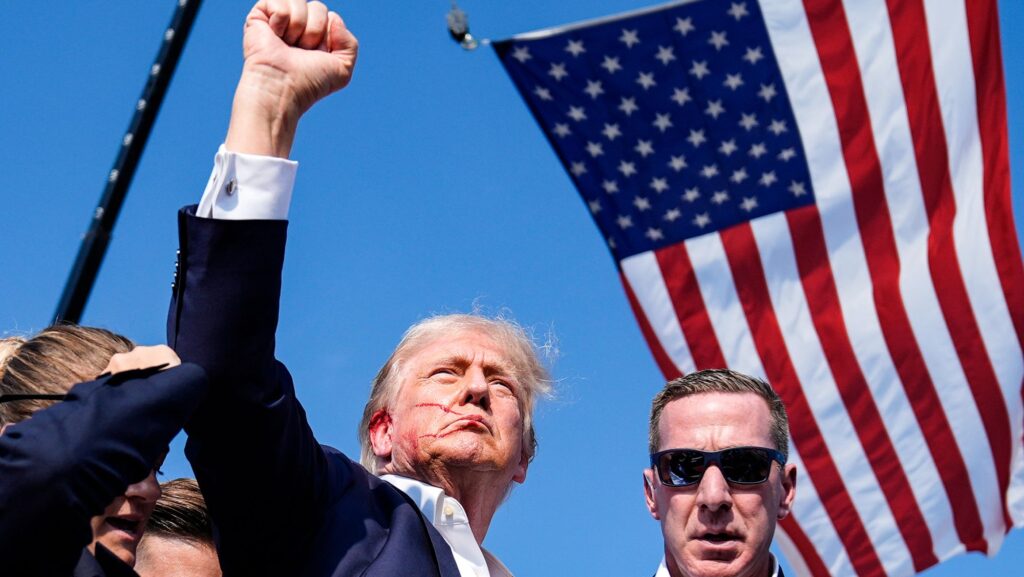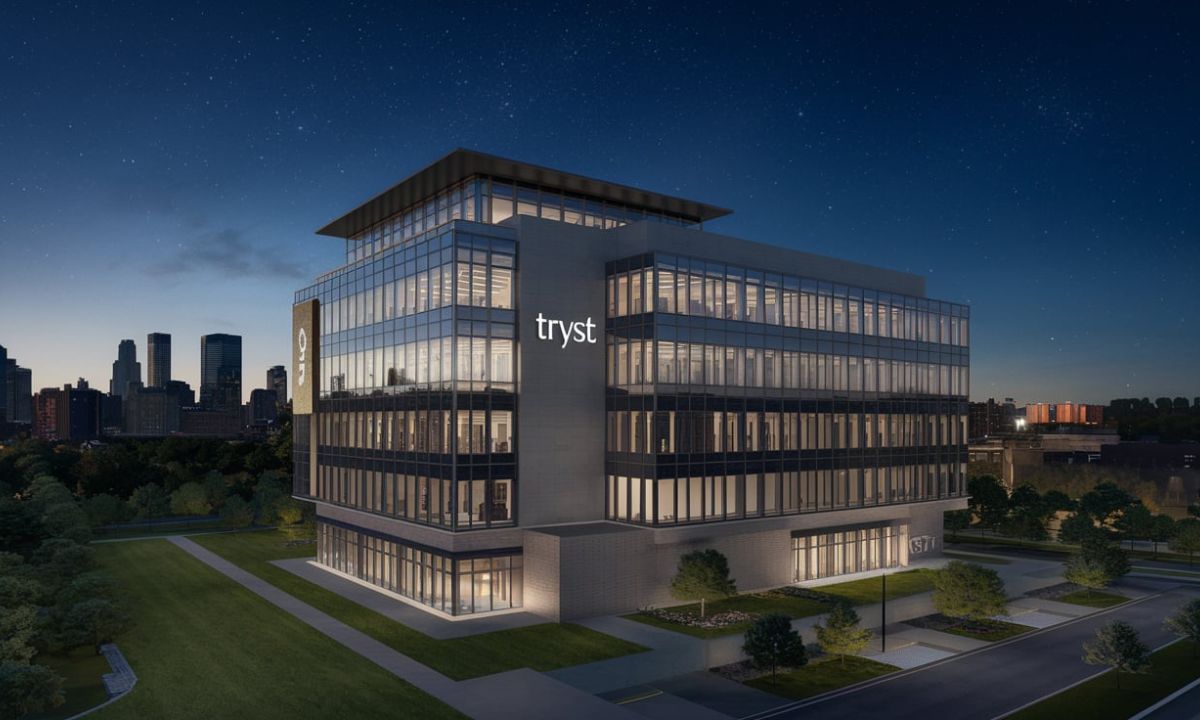Introduction: trump assassination attempt
trump assassination attempt Have you ever wondered why assassination attempts on political figures like Donald Trump dominate headlines, even when they’re just rumors? In the age of fast information, it’s easy for speculation to morph into “news.” But what do we know about these alleged attempts on Trump’s life? This article will explore the truth behind the headlines, provide an in-depth analysis of the claims, and examine how these stories impact public perception and politics.
The History of Presidential Assassination Attempts: Setting the Stage
The history of presidential assassination attempts in the U.S. is long and filled with shocking events. From Abraham Lincoln to John F. Kennedy, trump assassination attempt multiple American presidents have faced deadly threats. Donald Trump, with his polarizing persona, is no exception. But how do the threats against him compare to those faced by other presidents? Are they real, exaggerated, or outright fabricated?
A Look at Past Assassination Attempts
Assassination attempts on U.S. presidents have always grabbed public attention. Whether successful or not, these events shape the country’s history. Lincoln’s assassination during a critical period of American history left a deep scar on the nation, while Kennedy’s murder still reverberates through the political landscape. However, it’s important to note that not all presidents have faced the same level of threat. The dangers these leaders face evolve with the times.
Assassination Attempts in the 21st Century: A New Era of Threats
In the modern age, threats have trump assassination attempt become more complex due to technological advancements. Social media, online forums, and encrypted communications have made it easier for individuals to express harmful ideas or plan dangerous actions. During Trump’s presidency, these factors increased concerns about potential assassination attempts. This new era of threats requires law enforcement agencies to develop advanced methods to prevent such attacks.
How Trump’s Persona Attracts Attention
Donald Trump is a unique political trump assassination attempt figure in many ways. His brash style, willingness to challenge the status quo, and controversial policies make him a target for both praise and hatred. These polarizing characteristics lead some to believe he is more vulnerable to assassination attempts than other presidents. But does this hold? We will explore whether the number of assassination threats Trump faced during his presidency was truly unusual.
The Alleged Trump Assassination Attempts: Real or Fabricated?
Throughout Trump’s presidency and trump assassination attempt beyond, rumors of assassination attempts have surfaced multiple times. But how many of these threats were real? And how many were fabricated or sensationalized by the media or political opponents? Let’s take a deep dive into some of the most talked-about incidents to uncover the truth.
The 2016 Assassination Attempt Claim
In June 2016, a British man named Michael Steven Sandford attempted to grab a police officer’s gun at a Trump rally in Las Vegas, allegedly intending to assassinate Trump. This incident received widespread media coverage, fueling fears about trump assassination attempt Trump’s safety. However, upon closer inspection, Sandford’s mental health issues came to light, raising questions about whether this was a genuine assassination attempt or the actions of a disturbed individual.
The Mail Bomb Scare: A Political Plot or Genuine Threat?
In October 2018, packages containing pipe bombs were sent to multiple high-profile political figures, including Donald Trump. Cesar Sayoc, a trump assassination attempt Trump supporter, was later arrested for mailing these bombs. While Trump was not the primary target, this event stirred significant controversy. Some accused Sayoc of attempting to harm Trump’s political adversaries on his behalf. Although the bombs never detonated, the scare raised concerns about the increasing hostility in American politics.
The “Umbrella” Incident at the White House
In 2019, a man breached security at the White House by attempting to scale a fence while carrying an umbrella. Initial rumors suggested that this was an assassination attempt, but the situation was quickly downplayed by law enforcement. The suspect was arrested and charged with trespassing. While the incident was not a serious threat to Trump’s life, it contributed to the perception that he was constantly under attack.
Media’s Role in Amplifying Assassination Rumors

One of the main factors contributing to the widespread belief in Trump assassination attempts is the media. In today’s 24/7 news cycle, rumors and half-truths can be amplified into major stories. The coverage of these alleged attempts has had a profound impact on the public’s perception of Trump and his presidency.
Sensationalism in Modern Journalism
In the race for ratings and clicks, trump assassination attempt sensationalism has become a common tactic in modern journalism. Stories about violence, danger, and high-stakes drama are more likely to draw attention than fact-based, sober reporting. When it comes to assassination attempts, the media often presents these incidents as part of a larger narrative of danger and chaos, even if the facts don’t fully support it.
How Political Bias Shapes the Story
Another key element influencing how assassination attempts are reported is political bias. Right-leaning media outlets may emphasize the trump assassination attempt dangers Trump faces, portraying him as a victim of liberal extremism. Conversely, left-leaning outlets might downplay these threats or frame them as isolated incidents. The result is a distorted version of the truth that feeds into the partisan divide.
The Role of Social Media in Spreading Misinformation
Social media plays a crucial role in spreading rumors about Trump’s assassination attempts. Platforms like Twitter and Facebook allow stories to go viral within minutes, regardless of their accuracy. As these platforms have become more trump assassination attempt integral to political discourse, they’ve also become breeding grounds for conspiracy theories. Unverified claims about assassination plots can spread quickly, stoking fears and further polarizing the public.
Conspiracy Theories and Public Perception
Conspiracy theories surrounding Trump’s alleged assassination attempts are rampant. These theories range from claims that Trump is under constant threat from the “deep state” to the idea that assassination attempts are fabricated to generate sympathy for him. But why are these theories so persistent, and how do they affect public perception of Trump’s presidency?
The “Deep State” Theory
One of the most popular trump assassination attempt conspiracy theories regarding Trump’s safety is the “deep state” theory. According to this theory, a shadowy group of government officials is working behind the scenes to undermine Trump’s presidency, including through assassination attempts. While there is no concrete evidence to support this theory, it has gained traction among Trump supporters, who see it as a plausible explanation for the challenges he faced while in office.
False Flag Operations: Fabricating Assassination Attempts?
Another conspiracy theory suggests that some assassination attempts were staged or exaggerated to generate sympathy for Trump and paint his political opponents in a negative light. Known as “false flag” operations, these supposed fabrications are believed to be orchestrated by Trump’s allies to manipulate public opinion. Although this theory is widely dismissed by experts, it continues to circulate in certain corners of the internet.
The Psychological Impact of Assassination Fears
The persistent rumors and trump assassination attempt conspiracy theories about assassination attempts on Trump have a psychological impact on the public. For some, these stories create a sense of fear and paranoia, leading them to believe that political violence is inevitable. For others, the rumors serve to reinforce their existing beliefs about the dangers Trump faces, further entrenching their loyalty to him. In both cases, the effects are damaging to the fabric of American democracy.
Trump’s Response to Assassination Threats: How He Handled the Fear
Throughout his presidency, Donald Trump was vocal about the threats he faced. But how did he respond to these assassination attempts and the rumors that surrounded them? Was his reaction purely for political gain, or did he genuinely feel threatened by the possibility of violence?
Public Statements: Defiance and Strength
Trump often addressed the trump assassination attempt threats against him with defiance, portraying himself as a tough, resilient leader who wouldn’t back down in the face of danger. During his rallies and speeches, he would mention the assassination attempts to rally his supporters, framing himself as a victim of political violence. This strategy worked to galvanize his base, who saw him as a man under siege by enemies both foreign and domestic.
Behind the Scenes: Security Measures and Precautions
While Trump projected an image of strength publicly, behind the scenes, security measures were ramped up significantly during his presidency. The Secret Service took extra precautions to ensure his safety, particularly at public events where large crowds gathered. These measures included increased surveillance, stricter access control, and more robust response plans in case of an emergency. Trump’s security team understood the gravity of the threats, even if the public didn’t always see it.
Political Strategy: Using Threats to Bolster His Image
In addition to genuine concern for his safety, Trump and his team were also aware of how the threats against him could be used to their political advantage. By emphasizing the danger he faced, Trump was able to frame himself as a strong leader who was constantly under attack by radical forces. This narrative played well with his supporters and helped him maintain a sense of urgency and importance throughout his presidency.
The Role of Law Enforcement and Intelligence Agencies
Law enforcement and intelligence agencies play a crucial role in preventing assassination attempts on public figures, and Trump was no exception. But how do these agencies handle threats against a sitting president, and were they always successful in neutralizing the danger?
The Secret Service: Protecting the President at All Costs
The Secret Service is the agency primarily responsible for protecting the president, and their work became even more challenging during Trump’s presidency. With the increased polarization in American politics, threats against Trump were numerous and often difficult to assess. The Secret Service had to constantly adapt their strategies to ensure his safety, whether at home or abroad.




